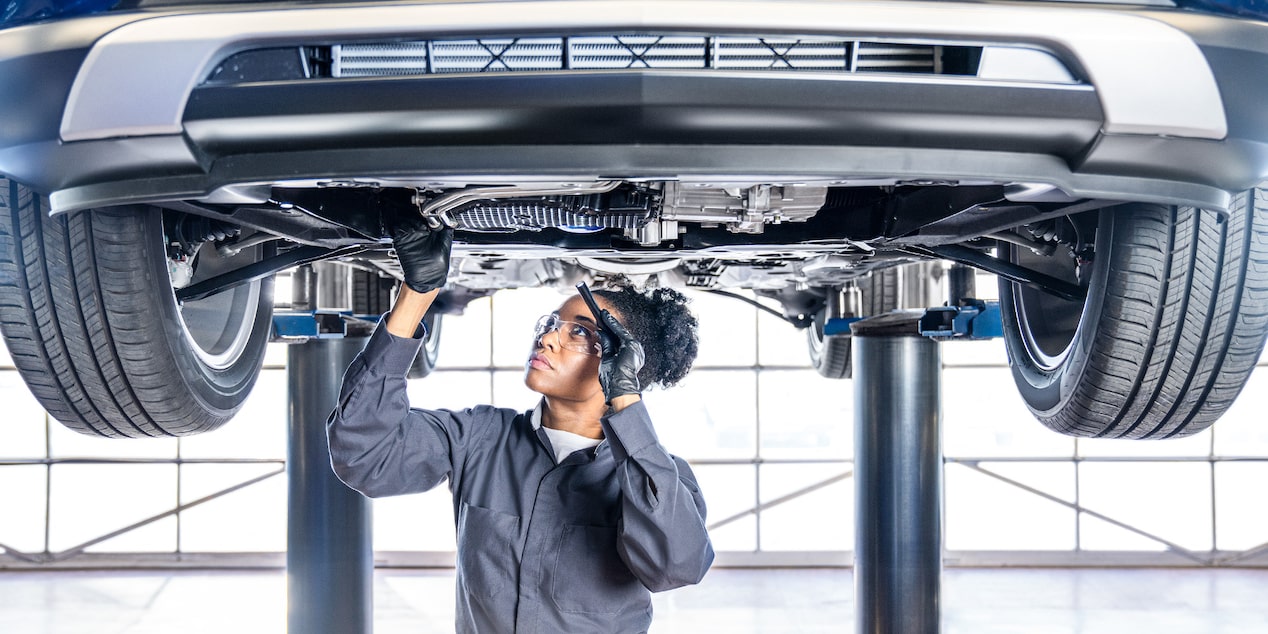All Categories
Featured
Routine engine tune-ups are essential for keeping your automobile's performance, enhancing fuel performance, and expanding its life expectancy. Whether you're an experienced auto owner or a novice, recognizing the vital facets of an engine tune-up can assist you maintain your car running smoothly for years. Below are some crucial suggestions to lead you through the procedure.
- Adjustment the Flicker Plugs. Ignition system are little however magnificent components that play an important duty in firing up the fuel-air mix in your engine. Gradually, they can wear out or become fouled, bring about poor engine efficiency, decreased fuel performance, and difficult begins.
During a tune-up, examine your ignition system for wear and replace them as required. For the majority of automobiles, ignition system should be replaced every 30,000 to 100,000 miles, depending upon the kind and product. Fresh trigger plugs ensure effective combustion and smoother engine procedure.
- Inspect and Replace the Air Filter. The air filter is your engine's very first line of protection versus dirt, particles, and other pollutants. A clogged or dirty air filter can restrict airflow, causing your engine to function tougher and eat more fuel.
Examine your air filter during a tune-up and replace it if it's unclean or past its recommended solution interval. A clean air filter boosts engine effectiveness and improves fuel economic situation.
- Check the Fuel System. Gradually, your gas system can gather dirt and carbon deposits, reducing engine efficiency and gas performance. Cleaning the fuel injectors and gas lines throughout a tune-up helps preserve appropriate fuel shipment and burning.
You can use a gas system cleaner or have an expert mechanic carry out an extra comprehensive cleaning. This step is particularly valuable for older lorries or cars and trucks frequently driven in stop-and-go traffic.
- Check the Belts and Hoses. Belts and tubes are important for numerous engine functions, such as running the generator, water pump, and a/c. Throughout a tune-up, look for splits, fraying, or indicators of wear on these elements.
Replace any kind of worn-out belts and hose pipes to stop possible break downs. A busted belt or leaking hose pipe can bring about engine overheating or loss of power, so addressing these problems immediately is important.
- Replace the Engine Oil and Oil Filter. Engine oil is vital for oiling relocating components, decreasing rubbing, and regulating engine temperature. Over time, oil ends up being contaminated and loses its efficiency.
As component of a tune-up, change the engine oil and oil filter. Make use of the sort of oil advised by your vehicle's supplier and stick to the recommended adjustment periods. Clean oil maintains your engine running smoothly and avoids premature wear.
- Test the Battery and Billing System. A healthy battery is crucial for starting your car and powering its electrical systems. During a tune-up, examine the battery's voltage and inspect the terminals for deterioration. Clean the terminals if required and make certain a safe and secure connection.
Additionally, test the generator and billing system to ensure your battery stays charged throughout procedure. If your battery is weak or old, think about changing it to avoid unforeseen malfunctions.
- Flush and Fill Up the Coolant. The cooling system manages your engine's temperature, stopping it from overheating. Old or contaminated coolant can shed its effectiveness, causing prospective engine damages.
During a tune-up, purge the old coolant and replace it with a fresh blend. Evaluate the radiator, thermostat, and hoses for leaks or damages. Keeping the air conditioning system in great problem guarantees your engine operates at the right temperature.

- Address Caution Lights and Uncommon Signs. Modern vehicles are geared up with diagnostic systems that inform you to prospective problems with dashboard warning lights. If your check engine light or any other cautioning indications are on, address them throughout your tune-up.
Furthermore, pay interest to uncommon signs and symptoms such as strange noises, harsh idling, or lowered fuel efficiency. A specialist mechanic can detect and settle these troubles throughout the tune-up process.
- Do Not Neglect the Exhaust System. Your cars and truck's exhaust system removes damaging gases from the engine and makes sure appropriate emissions. Inspect the exhaust system for leaks, rust, or damage during a tune-up. A defective exhaust system can impact engine efficiency and result in environmental and safety and security concerns.
- Usage High-Quality Parts and Fluids. When replacing components or completing liquids throughout a tune-up, always opt for high-quality items that fulfill your automobile's requirements. Making use of poor parts or wrong liquids can negatively influence your engine's efficiency and long life.
Verdict: Routine Tune-Ups Are Trick to Engine Health. Taking the time to tune up your engine guarantees it operates successfully, saves fuel, and lowers the threat of failures. Whether you do these jobs yourself or count on a relied on auto mechanic, regular tune-ups are an investment in your car's reliability and long life. Follow these suggestions, and you'll delight in a smoother, a lot more trustworthy trip for many years to find.
Latest Posts
Stylish & Durable Bath Remodels by Bath Fitter Metro Detroit
Transform Your Property with Premium Fencing Solutions from Washington Fence
Affordable and Durable Fencing Solutions Tailored to You
More
Latest Posts
Stylish & Durable Bath Remodels by Bath Fitter Metro Detroit
Transform Your Property with Premium Fencing Solutions from Washington Fence
Affordable and Durable Fencing Solutions Tailored to You
